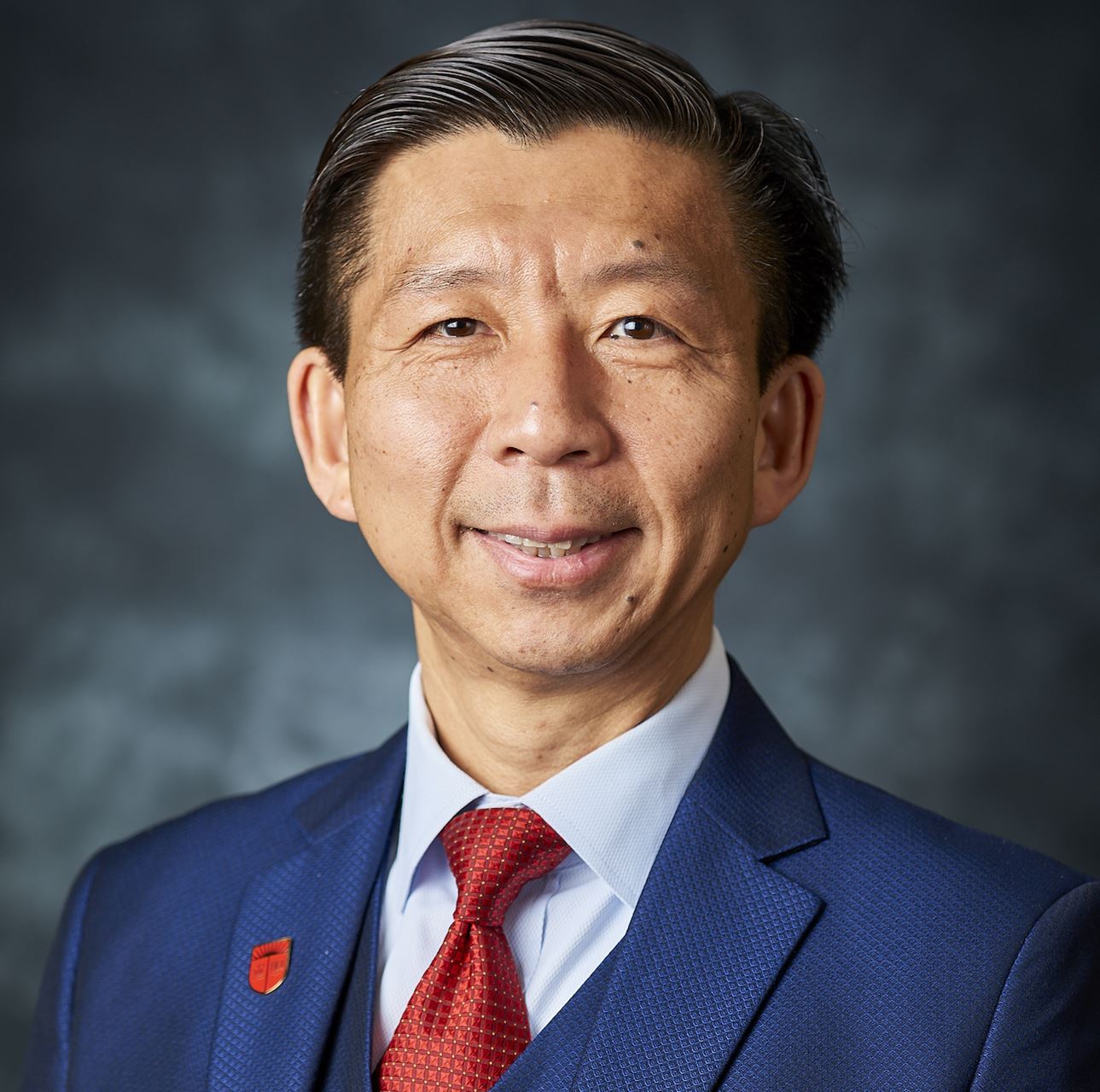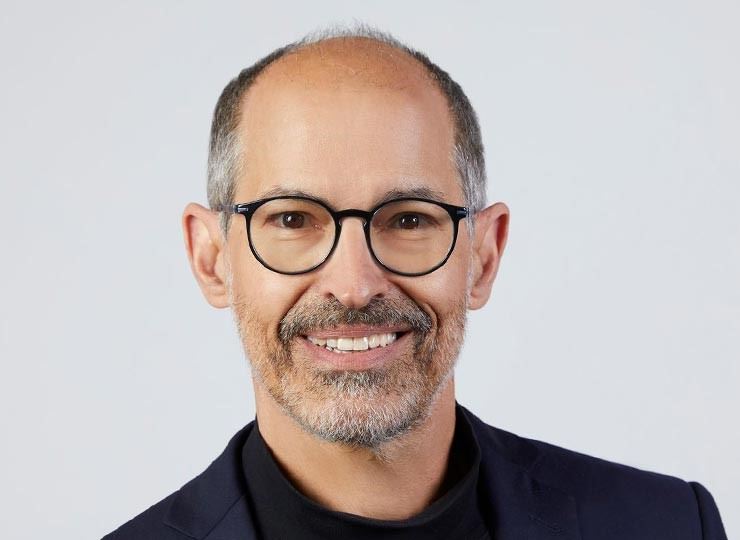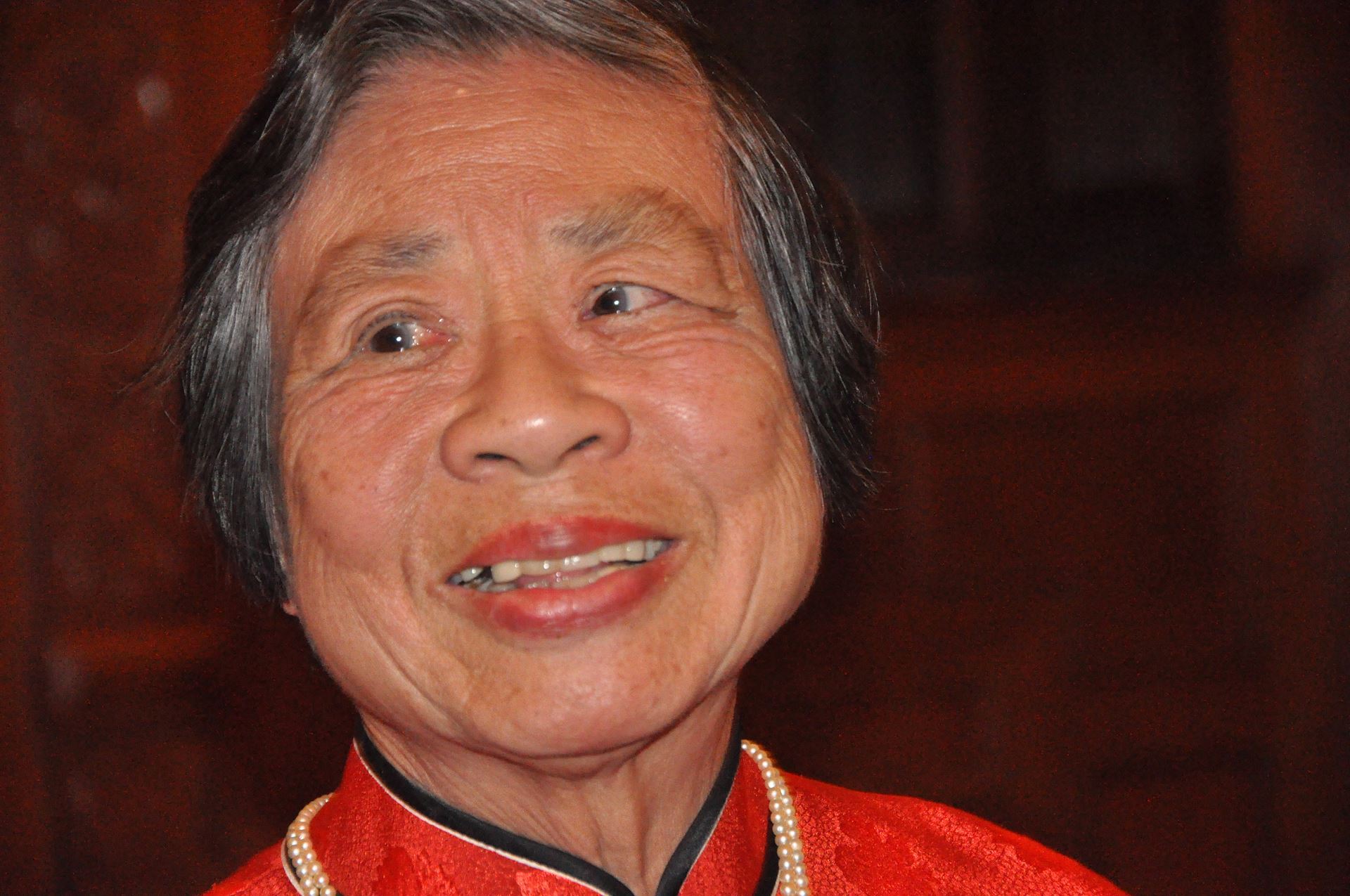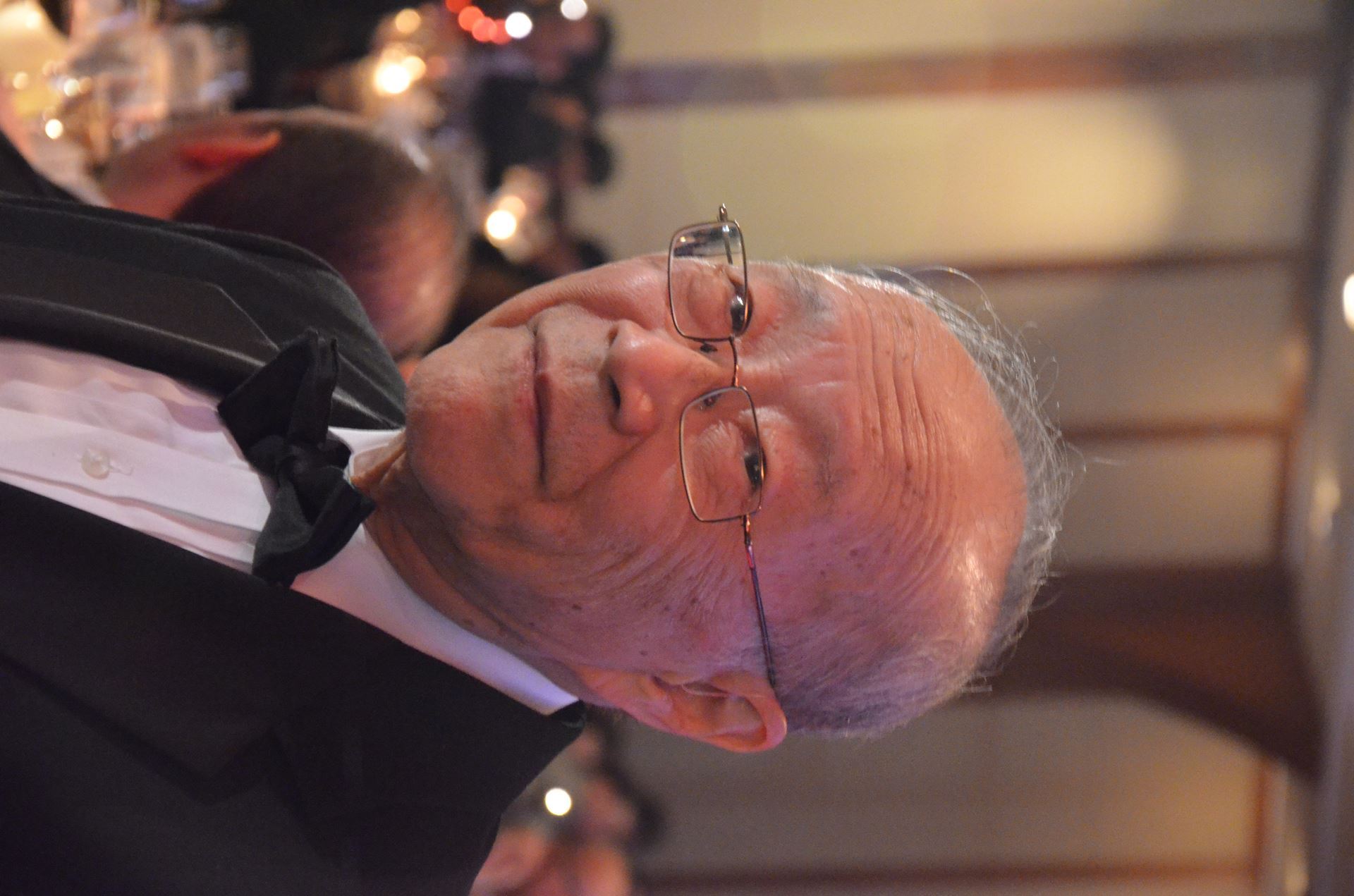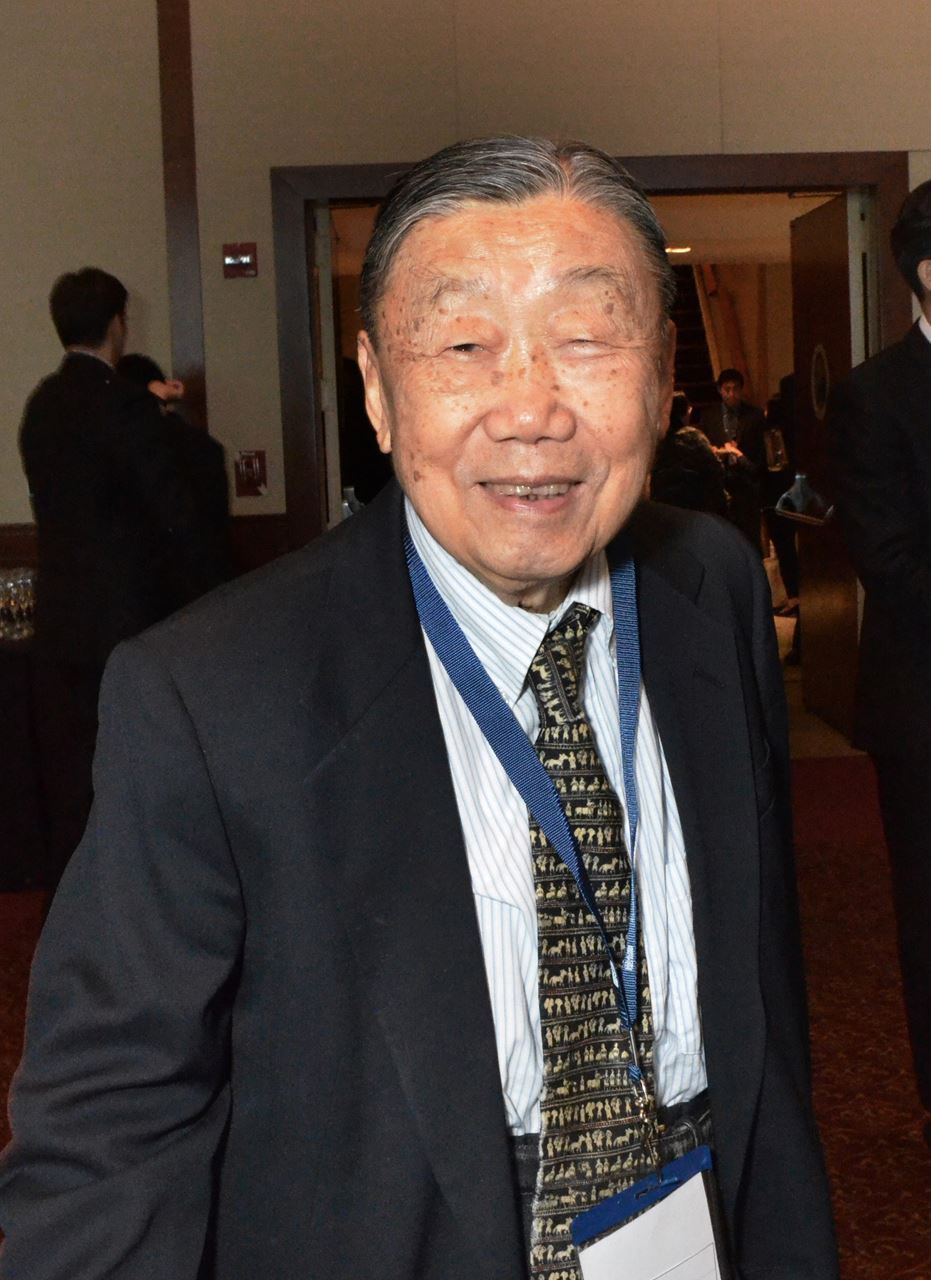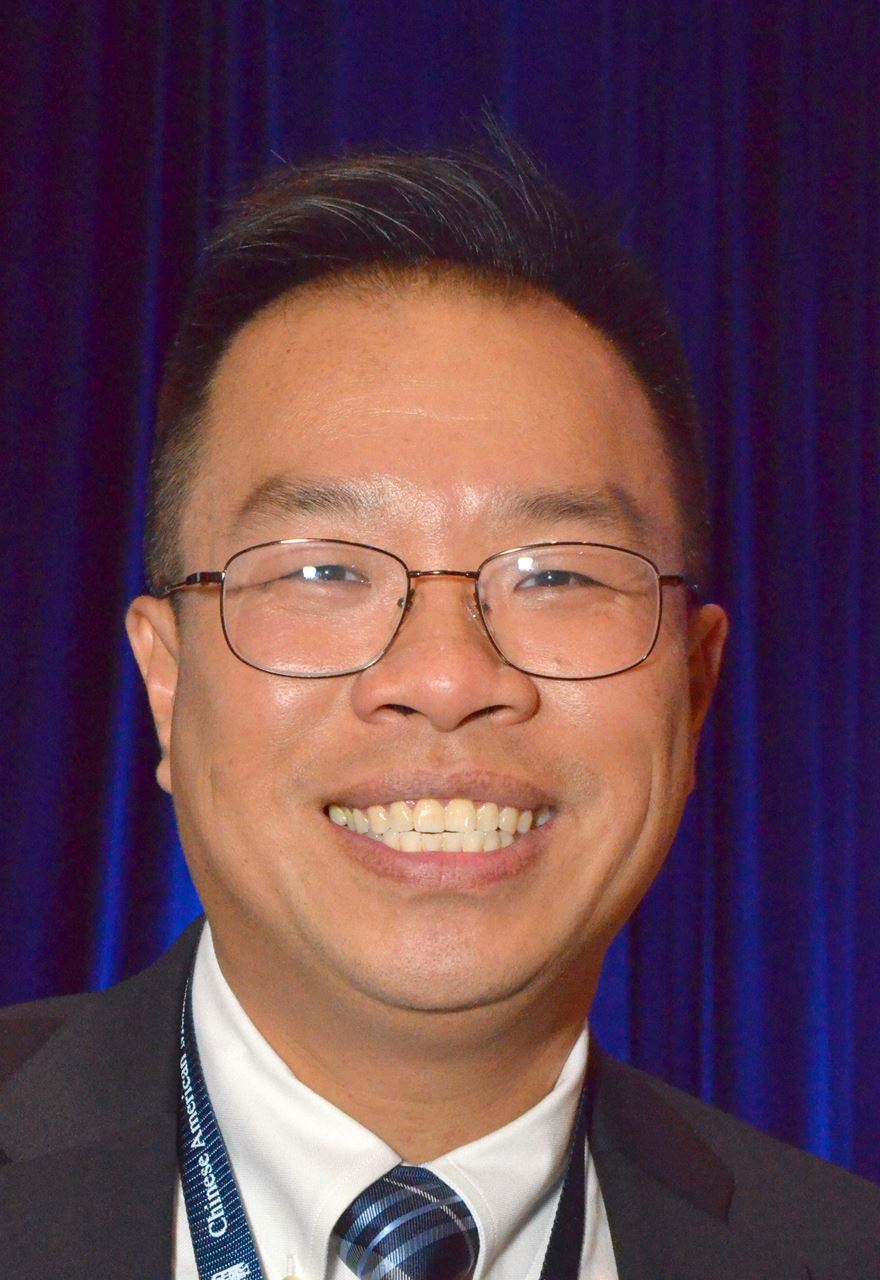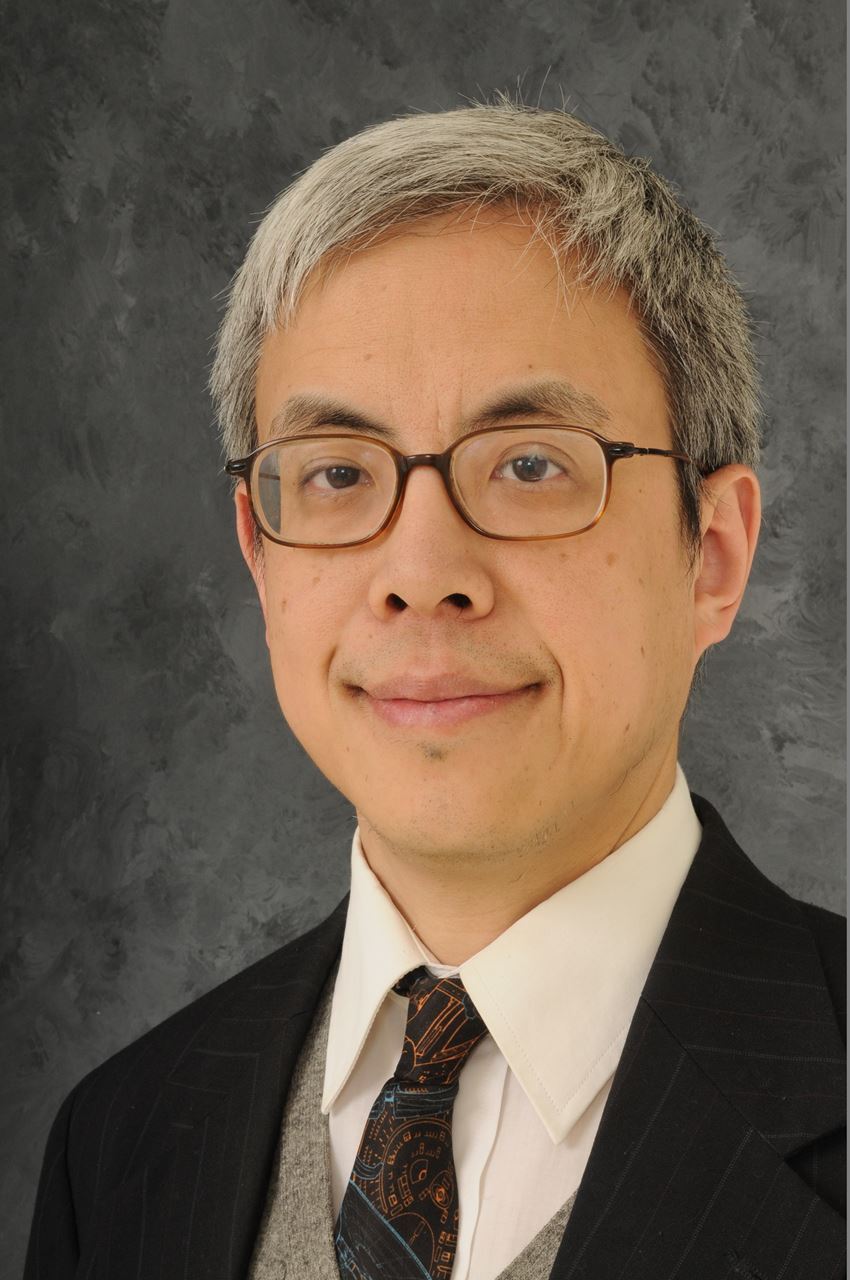CAMS 2021 Scientific Award: XinQi Dong, MD
| Dr. XinQi Dong, MD, MPH, is director of the Institute for Health, Health Care Policy and Aging Research at Rutgers University-New Brunswick, and the inaugural Henry Rutgers Distinguished Professor of Population Health Sciences. Dr. Dong is a population health epidemiologist and geriatrician, and has published extensively on violence prevention, elder justice and healthy aging, with more than 300 peer-reviewed publications. Dr. Dong has led multiple longitudinal epidemiological studies, including the New Jersey Population Health Cohort Study, a population-based cohort of 10,000 NJ persons with emphasis of 8 different immigrant groups, and The PINE Study of 3,300 Chinese older adults to quantify relationships among trauma, resilience and health outcomes. Dr. Dong is the principal investigator of numerous federally-funded grants, and has mentored many trainees and faculty researchers to success. He leads the National Institute on Aging (NIA)-funded P30 Asian Resource Center for Minority Aging Research (RCMAR) and National Institute on Minority Health and Disparity (NIMHD) – funded P50 Rutgers NYU Center for Asian Health Promotion and Equity. Dr. Dong serves on many NIH study section, editorial boards, was guest editor-in-chief for the Journal of Aging and Health and the Journal of Gerontology: Medical Sciences, and edited the key textbook on elder abuse – the field’s largest collection of research, practice, and policy. Dr. Dong was elected to be a Commissioner for the Commission on Law and Aging of the American Bar Association. Dr. Dong was the recipient of the Paul Beeson Award by the National Institute on Aging; the first geriatrician to receive the National Physician Advocacy Merit Award by the Institute for Medicine as a Profession; the Nobuo Maeda International Aging and Public Health Research Award and the National Award for Excellence by the American Public Health Association; the Maxwell Pollack Award in Productive Aging, the Joseph Freeman Award, and the Powell Lawton Award by the Gerontological Society of America; the Rosalie Wolf Award by the National Committee on the Prevention of Elder Abuse; and the Outstanding Scientific Achievement for Clinical Investigation Award by the American Geriatric Society. In 2017, Dr. Dong was awarded the Ewald Busse Award by the International Congress of Gerontology and Geriatrics. In 2018, he received the Robert Wood Johnson Foundation’s Health Equity Award. In 2021, Dr. Dong was awarded Scientific Achievement Award, by the Chinese American Medical Society Dr. Dong served as a senior advisor for the Department of Health and Human Services under the Obama administration. His policy and advocacy work with the Department of Justice and Centers for Disease Control and Prevention have also shaped the national agenda on the surveillance and preventive strategies combating issues of violence. In 2011, Dr. Dong was appointed as a member of the Institute of Medicine: Global Violence Prevention Forum. Subsequently, he chaired the institute’s workshop on elder abuse prevention. In 2017, Dr. Dong was invited to be the planning committee member for the Board on Global Health to chart the future of violence prevention efforts at the National Academy of Medicine. In 2018, Dr. Dong became a member of the National Academy of Medicine (NAM) consensus panel: Care Interventions for Individuals with Dementia and their Caregivers. In 2018, Dr. Dong was elected to the American Society of Clinical Investigation. In 2020, Dong became a member of the NAM consensus panel: Improving Diversity of Women and Underrepresented Minorities in Clinical Trial and Research. An immigrant to the United States, Dr. Dong grew up in a rural village near Nanjing, China. He received his bachelor’s degree in biology and economics from the University of Chicago, his medical degree at Rush University College of Medicine, and a masters in public health in epidemiology at the University of Illinois at Chicago. He completed his internal medicine residency and geriatric fellowship at Yale University Medical Center. |
2022 CAMS Community Service Award: Myron E. Schwartz, MD
| Dr. Schwartz graduated from Jefferson Medical College AOA in 1976. After a year of rotating internship he joined the National Health Service Corps for three years as a general practitioner in rural Virginia. Dr. Schwartz came to Mount Sinai in 1981, completed residencies in general and vascular surgery, and joined the faculty in 1987. He worked with Charles Miller, MD to establish the Mount Sinai Liver Transplant Program in 1988, and since then has devoted his career to hepatobiliary surgery and transplantation. Over the years he has served as Director of Pediatric and Adult Liver Transplantation, and more recently has focused on liver cancer. Dr. Schwartz is currently the Clinical Director of the Mount Sinai Liver Cancer Program. Together with Research Director Josep Llovet MD, Dr. Schwartz has led the collaborative effort that has put Mount Sinai at the forefront world-wide in liver cancer clinical care and clinical/translational research. Dr. Schwartz has been funded by the NIH through a K24 Career Development Award entitled, “Systematic Integration of Patient-Oriented Research into the Clinical Pathway for Hepatocellular Carcinoma”. He has published over 300 papers in peer-reviewed journals, as well as 21 book chapters. Dr. Schwartz is an international authority on hepatic resection and transplantation for liver cancer, a subject about which he lectures frequently both in the U.S. and around the world. |
In Memoriam: CAMS Past President & Executive Director Emeritus
Dr. Hsueh hwa Wang
| Dr. Hsueh hwa Wang was born in Beijing, attended the National Central University Medical School and graduated in 1946. She came to New York City soon after for post-graduate training before taking a position in the Department of Pharmacology at Columbia the College of P & S where she rose to the rank of Professor. Her research was in the field of physiology and pharmacology of the coronary circulation. From 1985 to 1990, she was the Director of Graduate Studies in the department. Dr. Wang served as President of CAMS in 1982 before becoming the Executive Director of CAMS in 1986. She served in the volunteer position for a quarter of a century, retiring in 2011. After her retirement from Columbia in 1990, she was able to devote much of her free time to CAMS, arranging full day Scientific meetings, fund-raising dinners, donation of scholarships for medical students, and other activities that bolstered a spirit of camaraderie among our members. She was also one of the founding organizers of FCMS (Federation of Chinese American and Chinese Canadian Medical Societies) and later the FCMS Foundation. She was President of FCMS in 2000, Chairman of the Board in 2002 and served as Secretary/Treasurer of FCMS Foundation until 2017. In 1991, she was presented the Outstanding Women Scientist Award by the New York Chapter of Association for Women in Science. In 2011, she received a Lifetime Achievement Award from CAMS, honoring her 25 years of meritorious service as Executive Director. |
In Memoriam: CAMS Past President Dr. John K.H. Li
Dr. Li was born in Nanking China, but spent his childhood in Havana Cuba, where his father served as Chinese Minister to Cuba from 1939-1947. Dr. Li attended Harvard College and Harvard Medical School before moving to New York City for his postgraduate training in Internal Medicine and pathology at New York University Bellevue Hospital. He served at the Director of Pathology and Laboratories for New York City municipal hospitals. During the 1970’s he introduced his hospital in the South Bronx the first computerized laboratory report system within hospitals run by the Health and Hospital Corporation. From 1992 until his retirement in 2005, Dr. Li served as Chairman of Pathology at Long Island College Hospital in Brooklyn. In 1971 Dr. Li was invited by a pre-med student to attend the first Chinatown Street Health Fair. Because of his experience at this street fair, Dr. Li became one of the first three volunteer physicians when the same group started a free health clinic at the Church of Our Savior on Henty Street in 1972. This free Clinic would become what is known today at the Charles B. Wang Community Health Center where he served on the Board for many years since its inception. Li had said that “I really feel that my helping out at the Clinic was one of my most satisfying life experiences.” Dr. Li served as the President CAMS from 1991-1993 Dr. Li was the author of CAMS at 40 and the editor of CAMS at 50. He also worked closely with CAMS Executive Director Emeritus, Dr. Hsueh hwa Wang, for many years as editor of the CAMS Newsletter. Dr. Li was President of the Medical Board of Morrisania City Hospital in the Bronx in 1973, President of the Pathologists’ Club of New York from 1989-1990. He was Associate Professor of Pathology at the Albert Einstein College during 1970’s and 1980’s and later held a similar position at the State University of New York at Brooklyn. Dr. Li was the recipient of the CAMS Special Community Service Award in 1998, Department of the Year Award at Othmer Cancer Center at Long Island College Hospital in 2001, and was honored by the Charles B. Wang Community Health Center in 2005. |
In Memoriam: CAMS Past President Dr. Samuel D.J. Yeh
Samuel D. J. Yeh, was born in Kunming, Yunnan, China to a devout Christian family, he was the eldest of fourteen children. His father, Yeh Chong Ji, was the secretary of the YMCA and principal of the YMCA schools in Kunming. His mother, Rui Wan Zhen was a kindergarten teacher. After graduating from the National Defense Medical Center in Shanghai, China in 1948, he became a Chief Resident in Taipei, Taiwan. Seeking greater educational opportunities, he applied to study in the United States, eventually earning a doctorate in biochemistry from the School of Public Health at the Johns Hopkins University in 1960. Following a ten year courtship, he married Marion Huang in 1959 in Baltimore. They moved to New York in 1963 where he began his longterm career at Memorial Sloan Kettering Cancer Center. Until his retirement in 1980, he was a physician in Nuclear Medicine, Endocrinology and Clinical Medicine at Memorial Sloan-Kettering Cancer Center as well as an Associate Professor of Medicine at Weill Medical College of Cornell University. He was also one of the three cofounding physicians at the Chinatown Health Clinic where he served as a volunteer physician for thirty eight years and later, on its board and foundation. A strong believer in community, he served as President of the Chinese American Medical Society, the Chinese American Society of Nuclear Medicine, the National Defense Medical Center Alumni Association and as Secretary of the US China Medical Exchange Committee, China Institute. For almost sixty years, he was a devoted parishioner at the Church of the Epiphany where he served in the Vestry. He was the recipient of numerous lifetime achievement awards in addition to the Servant Healing Award from the New York Episcopal Diocese (2000); the Berson and Yalow Award from the Society of Nuclear Medicine, New York chapter (2002); and the Distinguished Alumnus Award from the John Hopkins University Alumni Association (2016). A life long learner, even in retirement, he continued to take notes on the latest research in nuclear medicine and cancer research and was a daily reader of the Bible and morning devotions, the New York Times and various Chinese daily newspapers and periodicals. A resident of Morningside Gardens, Building 5 for seventeen years, he was an enthusiastic student in Spanish class (hoping to add to Chinese, English, German, French and Russian language acquisition) and a member of the Men's Club. Of paramount importance to him were the college educations of his three grandchildren. |
Outgoing CAMS President: Yick Moon Lee, MD
After his serving 2 years as CAMS President during the COVID-19 pandemic, Dr. Yick Moon Lee stepped down from the CAMS Presidency at the end of 2022 and passed the torch to our new CAMS President, Dr. Victor Chang. |
Incoming President: Victor T. Chang, MD
| Dr. Victor Chang was recently elected to the CAMS Presidency and will be serving a 2 year term as CAMS President. Dr. Victor Chang received his undergraduate and master’s degree in Chemical Engineering from MIT, and his MD with Honors from NYU School of Medicine. He did his internship and residency in Internal Medicine at Johns Hopkins Hospital and Good Samaritan Hospital in Baltimore, Maryland. He then completed fellowships in Hematology Oncology, Clinical Pharmacology, and Cancer Pain at Cornell University Weill Medical Center / New York Hospital and Memorial Sloan Kettering Cancer Center. He is currently based at the VA New Jersey Health Care System in East Orange, New Jersey, and Professor of Medicine at Rutgers New Jersey Medical School. Dr. Chang has been an active member of CAMS for more than 25 years. He was an active on the Membership, Publications, Wellness, Research and Program Committees. Dr. Chang is past Chairman of the Federation of Chinese American and Chinese Canadian Medical Societies. CAMS represents a commitment to the goals of humanism and science. As a medical student and afterwards, Dr. Chang has been inspired by the ideals and the officers of CAMS, and hopes through his position to contribute to the growth and development of the Society of its’ members, and the health of the Chinese-American community . |

.png)
